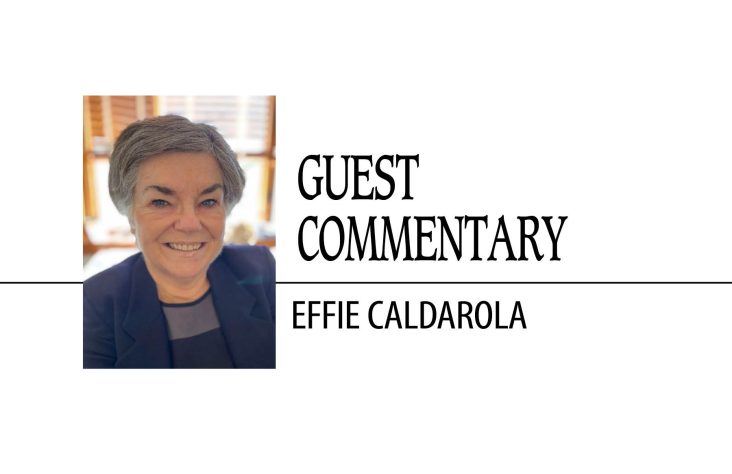December 10, 2013 // Uncategorized
Imitation of the Lord brings life
3rd Sunday in Advent
Mt 11:2-11
The Book of Isaiah is the source of this weekend’s third reading.
Isaiah was between a rock and a hard place, so to speak. He realized that unwise alliances, and behavior that forgot God, put the Hebrews’ kingdom of Judah at great risk. The prophet was convinced that if the nation did not return to God in genuine obedience and piety, then the whirlwind eventually would sweep away life, as he and his contemporaries knew it.
He met dispute and outrage. It must have been frustrating, but despite the angry reaction to what he said on the part of many of his contemporaries, Isaiah unflinchingly called the people back to God.
It was not as if God would bring a terrible punishment upon the kingdom. Rather, the people, by their impiety, would create a nightmare for themselves.
The Epistle to James supplies the second reading. This epistle rarely appears in the liturgy. The identity of the author is unclear, and it leads to another question. The New Testament mentions four men with this name. Which, if any, wrote this epistle? Some insist that James, the foster brother of the Lord, was the author. (Here is the other question. Did Mary have other children? Ancient Christian writers surmised that James in this reference was a son from a previous marriage of Joseph, the eventual spouse of Mary. They reasoned that this must have been the case, as they believed, with the Church today, that Mary had only one child, namely Jesus.)
Regardless, this reading solidly establishes the author’s faith that Jesus will be victorious. No power can exceed the power of the Lord. After all, the Lord is the Son of God.
However, while final victory undoubtedly will come, it will not necessarily come at a time that humans predict, and certainly it will not come at their bidding. But, it will come.
So, the epistle urges strong faith, but also forbearance.
The third reading, from St. Matthew’s Gospel, centers on John the Baptist, whose denunciations of sin in high places led to his arrest. (In time, they would lead to his death.)
Despising the Roman occupation of the land, pious Jews at this time yearned for a Messiah who would rid the Holy Land of the pagan intruders.
John gave another description of the Redeemer. He saw the Savior not as a warrior, commanding armies to slaughter the enemies of the One God of Israel, but the compassionate, truly holy, leader and guide of the pious.
Jesus met this description, healing the sick, giving hope and restoring life, lovingly coming to earth as God.
In the last verses, Jesus affirms that John is a prophet. In fact, John insists, Jesus is the greatest prophet.
Reflection
Advent is approaching its close. Since Christmas is near, the Church looks ahead to the wonder of the Lord’s birth. It is “Gaudete Sunday,” using a title taken from the first word of the Introit in Latin, “Gaudete!” or “Rejoice!”
Priests may wear rose vestments this weekend, using them instead of violet, as if the rays of dawn already are brightening the somberness of Advent.
The readings make several points. Isaiah warned us, as he warned his contemporaries, that by sin we bring heartache on ourselves. God never brings death. He brings life, just as Jesus brought life.
Advent penance and prayer hopefully lead us to imitate Christ. The liturgy presumes that we are using Advent to our advantage. If we are, and if we center our lives on Christ, then our love for God and for others will brighten the darkness and terror of our times. It is that simple. This imitation of the Lord brings life.
So, it is up to us, and, as James counsels, it will take time.
The best news. Delivered to your inbox.
Subscribe to our mailing list today.





